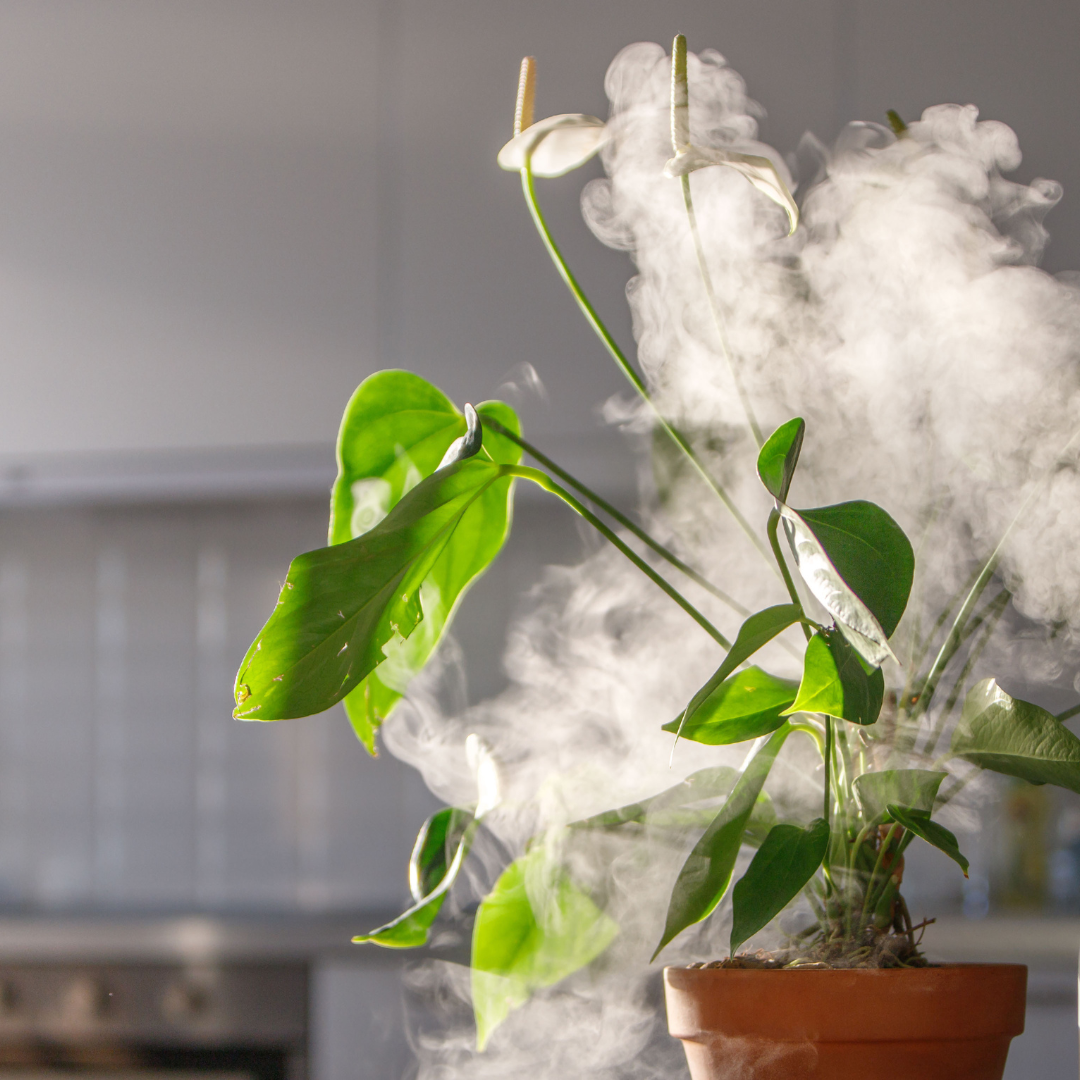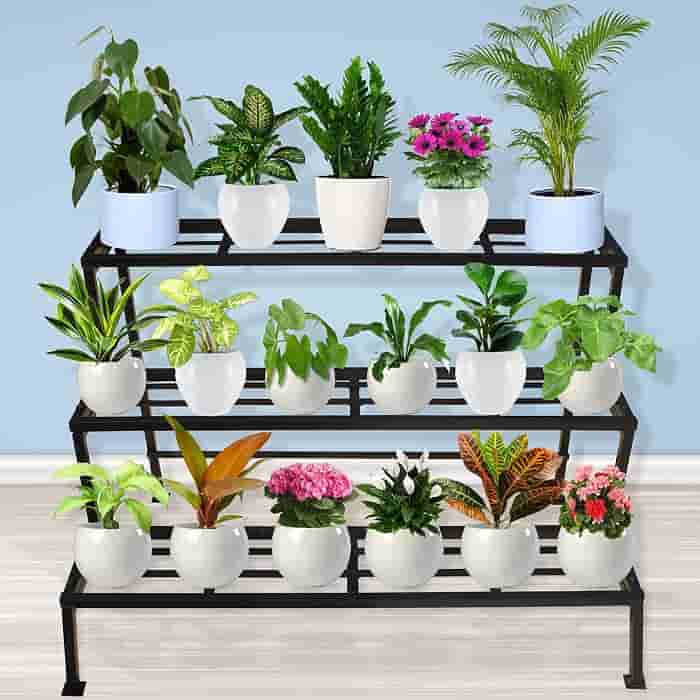Indoor air quality is a crucial aspect of maintaining a healthy and comfortable living environment. While various factors contribute to air quality, the presence of certain plants has been associated with the natural purification of indoor air. In this blog, we will explore the benefits of air-purifying plants, their impact on indoor air quality, and the specific plant species that are known for their air-purifying properties. Drawing insights from scientific research and expert opinions, we aim to provide a comprehensive understanding of how indoor plants can enhance air quality naturally. For professional advice about choosing right plants you can contact Online Plant Nursery in Indore.
The Air-Purifying Benefits of Indoor Plants
Indoor plants have been recognized for their ability to improve air quality by reducing levels of carbon dioxide (CO2) and increasing relative humidity. According to a study by Gubb et al. (2018), indoor plants act as natural humidifiers, helping to eliminate stale air and potentially easing irritation to the eyes, nose, throat, and lungs. While the air-purifying benefits of indoor plants have been widely acknowledged, it’s important to understand the specific mechanisms through which plants contribute to indoor air quality. For more information you can also contact Indoor Plants Nursery in Indore.
Scientific Insights on Air-Purifying Plants
Research has shown that certain indoor plants have the capacity to remove airborne toxins, including volatile organic compounds (VOCs) such as formaldehyde, benzene, and trichloroethylene. A study highlighted in The Old Farmer’s Almanac revealed that common, low-light houseplants were found to absorb up to 87% of formaldehyde, benzene, and trichloroethylene from the air within 24 hours, while simultaneously releasing oxygen back into the room. This underscores the potential of indoor plants to act as natural air purifiers, contributing to a healthier indoor environment. For professional advice about choosing right plants you can contact Online Plant Nursery in Indore.
The Impact of Indoor Plants on Air Quality
While the air-purifying properties of indoor plants have been well-documented, a 2019 study published in the Journal of Exposure Science & Environmental Epidemiology suggested that the rate at which indoor plants purify the air may be relatively slow, potentially limiting their immediate impact on indoor air quality. Despite this, the cumulative effect of air-purifying plants, when integrated into indoor spaces, can contribute to the gradual removal of pollutants, thereby enhancing overall air quality. For more information you can also contact Indoor Plants Nursery in Indore.
Air-Purifying Plant Species
Several plant species have been identified for their air-purifying properties, making them suitable choices for enhancing indoor air quality. Aloe vera, for example, is known for its air-filtering properties and its ability to remove formaldehyde from the air. Areca palms act not only as air filters but also as natural humidifiers, adding moisture to the air while filtering toxins. Additionally, the Barberton daisy has been recognized for its effectiveness in cleansing the air of toxins such as formaldehyde, trichloroethylene, and benzene. For professional advice about choosing right plants you can contact Online Plant Nursery in Indore.
Considerations for Indoor Plant Selection
When selecting air-purifying plants for indoor spaces, it’s important to consider factors such as lighting conditions, maintenance requirements, and potential pet safety concerns. Some plants, while effective at purifying the air, may be toxic to pets. Therefore, individuals should seek pet-safe and allergy-safe plant options and ensure that the selected plants align with their specific living environment. For more information you can also contact Indoor Plants Nursery in Indore.
Conclusion
In conclusion, the presence of air-purifying plants in indoor spaces can contribute to the natural enhancement of air quality. While the immediate impact of indoor plants on air purification may be relatively slow, their cumulative effect over time can lead to improved indoor air quality. By selecting suitable air-purifying plant species and considering factors such as lighting, maintenance, and pet safety, individuals can create healthier and more pleasant indoor environments. The integration of air-purifying plants serves as a natural and aesthetically pleasing approach to enhancing indoor air quality, contributing to overall well-being and comfort within indoor spaces. For professional advice about choosing right plants you can contact Online Plant Nursery in Indore.










Recent Comments